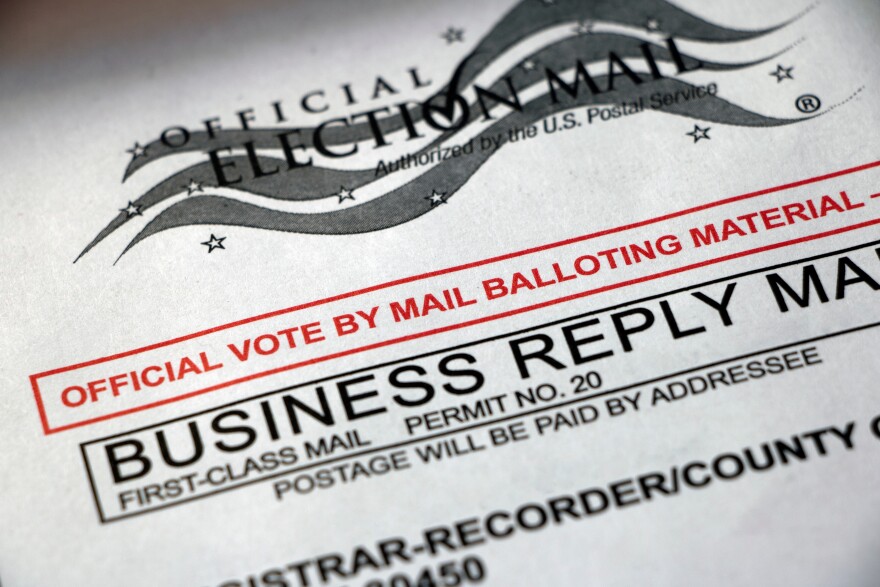Ranked choice voting lets voters rank their preferred candidates, so that if nobody wins enough votes, there’s an automatic runoff.
What that means is the lowest vote-getter is eliminated. All of those ballots are then redistributed to the candidates they ranked second.
The process repeats until someone crosses the threshold needed to win. Counties and cities can decide the threshold, whether that’s 50% of votes, more or less.
Proponents like former Heber Mayor Kelleen Potter, executive director of Utah Ranked Choice Voting, say ranked choice voting combats political polarization.
“I have to talk to people who I might not normally talk to as a candidate, and as a voter, I have to look a little deeper and not just decide that my neighbor is the best one, so the rest of them must be jerks,” she said. “I have to say, ‘Well, gosh, if my neighbor loses, who would I choose for my second choice?’”
Potter presented the pros of ranked choice voting to the Oakley City Council at its meeting Jan. 29.
Heber City has switched to ranked choice voting, and Park City is considering it.
Click here to read Heber's explanation of the process.
Utah passed a law in 2018 to allow ranked choice voting. In 2023, 12 of the state’s cities and three counties used it, according to Potter.
She has taken up the cause of ranked choice voting since narrowly losing Heber’s mayoral race to Heidi Franco in 2021.
Potter disagrees with the idea that ranked choice voting is partisan, citing when former Rep. Sarah Palin (R-Alaska) lost an election.
“During that process, Donald Trump said he didn't like ranked choice voting. It was almost like overnight the conversation changed … the National Republican Party said they didn't like it,” Potter told Oakley. “But I can bring to you someone from Georgia who says they would have two Republican U.S. Senators if they had ranked choice voting instead of runoffs. Mia Love would have won one of her elections. So there's data showing it's not a partisan thing.”
Oakley hasn’t decided to switch up how it administers elections yet. If it wants to use it for the Nov. 4 general election, it has to decide before May.
Potter’s presentation reminded Mayor Zane Woolstenhulme of the 1990 Summit County Commission election.
“When Gene Moser was elected — he split Gary McCormick and Dave Ure — walked away with it, because neither Gary nor Dave would back out and let the other live. And that's what tipped the scale,” the mayor remembers. “Prior to that election, there was a gentleman's agreement that you'd have one commissioner from South Summit, one from North Summit and one from Park City.”
Moser, a Parkite, assumed the de facto South Summit seat on the three-person commission, which Woolstenhulme believes may have stayed with South Summit if there’d been ranked choice voting.
In 2008, Summit County transitioned to a five-person council, which has been majority westside. All of the seats are at-large, meaning councilmembers may live anywhere and represent the entire county.
Click here to listen to the Oakley City Council’s hour-long discussion.


